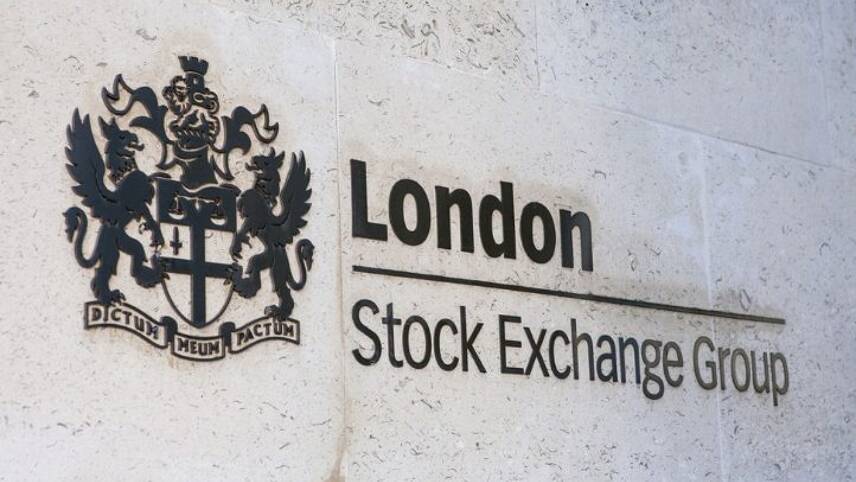Register for free and continue reading
Join our growing army of changemakers and get unlimited access to our premium content

The index was launched today (8 July) by London Stock Exchange Group subsidiary FTSE Russell
Called the FTSE Climate Risk-Adjusted World Government Bond Index (Climate WGBI), FTSE Russell claims that the tool will enable allows sovereign debt investors to incorporate climate change risk considerations into their decision-making processes. It has dubbed today’s (8 July) launch of the index a “world first”.
The Climate WGBI ranks sovereign bonds across 22 developed nations, using the data posted through the FTSE World Government Bond Index and processed using metrics developed by analytics provider Beyond Ratings.
Rankings are determined across the areas of transition risks in meeting the Paris Agreement; exposure to physical risks related to climate change and climate resilience. Countries are scored numerically across each of these areas and are then given an overall score to balance risks and opportunities. It is this overall score that is used for the index, which FTSE Russell hopes will be used by investors as both a measuring tool for existing portfolios and the basis for forming future investment portfolios.
FTSE Russell is owned by the London Stock Exchange Group, whose director of information services Waqas Samad said that tool was developed due to “nascent” considerations of climate risks among investors with sovereign bond portfolios.
“The launch of this index will allow the market, for the first time, to access a quantitative climate risk assessment for sovereign debt,” Samad said.
“Investors can now incorporate climate change risk considerations into their fixed income portfolios, and this could also inform their engagement with sovereigns.”
Sector-wide shifts
The launch of the Climate WGBI comes amid a string of other business and policy moves championing the finance sector’s role in climate adaptation and mitigation.
Last week saw the UK Government launch its highly anticipated Green Finance Strategy, outlining the steps which the finance sector must now take to spur the transition to net-zero by 2050. The strategy features investment and funding increases into green projects, infrastructures and homes and is built on findings from the Task Force on Climate-related Financial Disclosures (TCFD).
Since the launch of the strategy, The Economist has held its first Climate Risk Summit in London; The City of London Corporation has launched its new Green Finance Institute, headed by Dr Rhian-Mari Thomas ; finance giants have launched a string of new “green” products and the London Stock Exchange has begun using the term “non-renewables” to describe oil, gas and coal companies.
Nonetheless, experts have repeatedly warned that more action needs to be taken to ensure that the Intergovernmental Panel on Climate Change’s (IPCC) recommended amount of $1trn is funnelled into climate mitigation measures annually until mid-century.
In a bid to help close this funding gap, Hitachi’s Consulting Corporation arm has this week launched a new digital platform aimed at addressing challenges with data around the risks and opportunities od sustainable financing. The platform is hosted in London and uses blockchain, the internet of things (IoT) and artificial intelligence (AI) to deliver value propositions. Hitachi claims that this model will help boost the number of green projects being made available to investors.
Sarah George


Please login or Register to leave a comment.